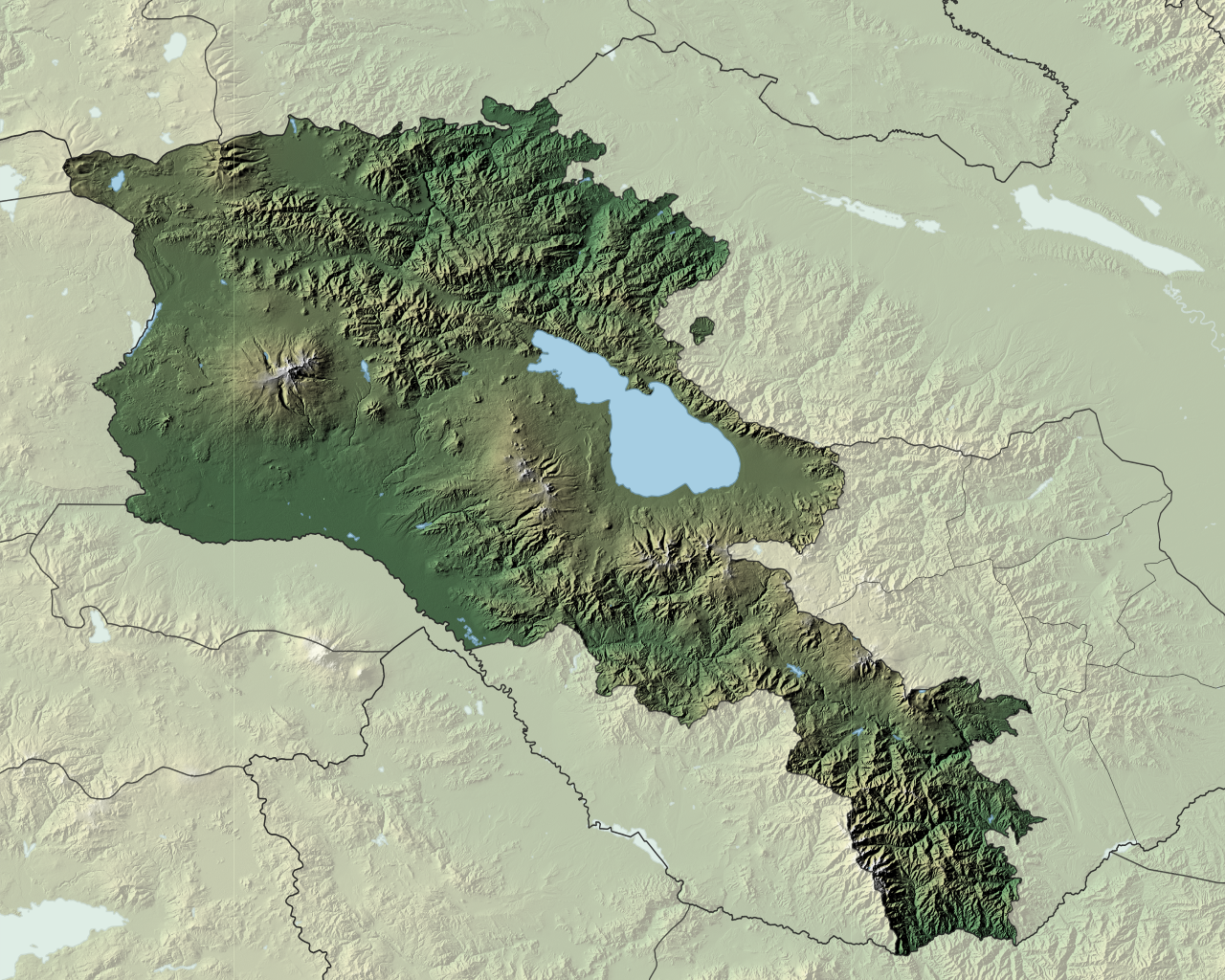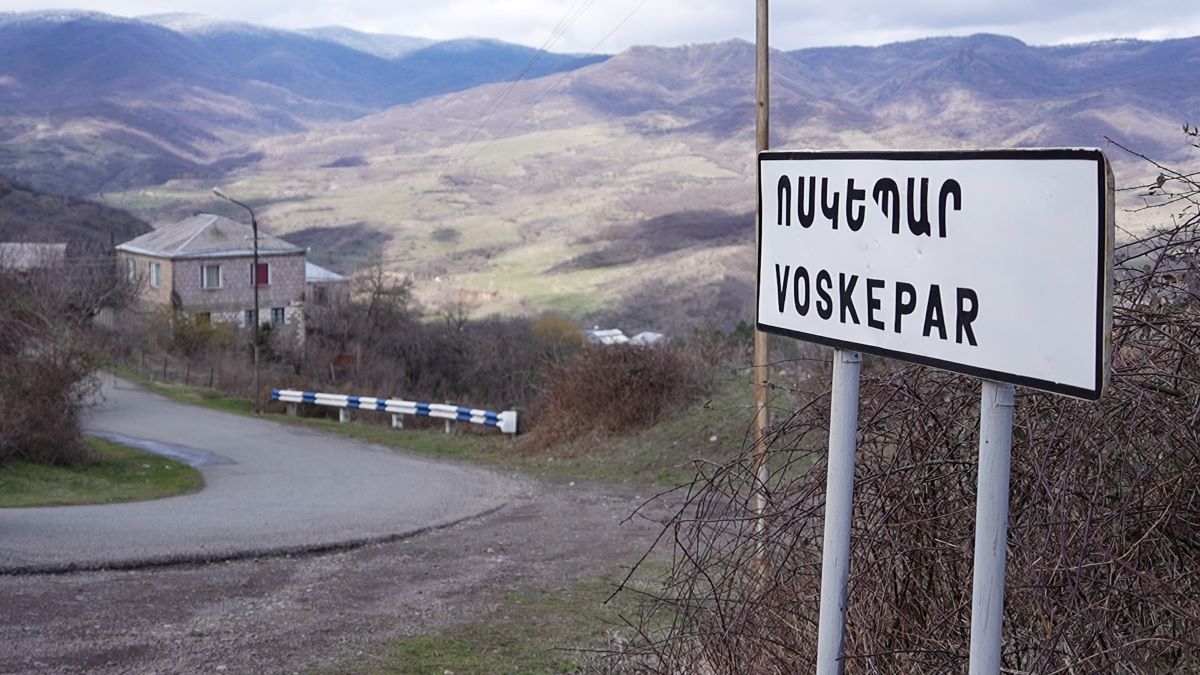"The negotiations between Yerevan and Baku should continue in the region." Opinion
Kirakosyan on Armenia-Azerbaijan negotiations
“I don’t see a peace process. I don’t see any peace or any significant process. These are toxic negotiations, where Azerbaijan has taken a maximalist position and demands endless concessions,” said political analyst Richard Kirakosyan.
In his opinion, Yerevan has the wrong approach to the situation. It complies with and reacts to every demand from Baku. Meanwhile, the analyst believes that the stage of unilateral concessions from Armenia should come to an end, and it’s time for Azerbaijan to “offer something in return for its demands.”
In an interview with Radio Azatutyun (Liberty), he expressed his opinion on the proposal to hold Armenian-Azerbaijani negotiations in Kazakhstan, the assistance offered to Armenia by the US and the EU, as well as the likelihood of a new war.
- “The border demarcation process with Azerbaijan is an adventure.” Opinion from Yerevan
- “Armenia did not decide to align itself with the West just today,” – Pashinyan to British media
- ‘Moscow knows the fire will be lit not in Yerevan, but in Baku’ – Armenian analysts
Kazakhstan – an unreliable partner
“Agreeing to negotiations in Kazakhstan, in Central Asia, would be a mistake for Armenia. Because Turkey is a covert supporter, a behind-the-scenes partner, who backs Azerbaijan with the aim of uniting it with Central Asia as part of its pan-Turkist plans.
Kazakhstan is neither a sincere nor a reliable partner to provide a meeting place. Moreover, based on historical and geopolitical considerations, the most effective way to advance negotiations is to continue them in the region.
In fact, the most suitable place for signing a peace agreement is Tbilisi, the capital of Georgia. Involve Georgia [addressing the Armenian authorities] as a balancing party and to restore the region’s identity.
Azerbaijan does not want a third party to intervene in the conflict, to maximize pressure on Armenia.
Armenia is clearly seeking support from the EU, the West. Although real progress has been achieved only through negotiations between the official representatives of Armenia and Azerbaijan at the border of the two countries, I believe it is necessary to involve the West more often and to a greater extent. This will contribute to establishing a balance of power. As a weaker side, we have no leverage, so we need to create a balance.”
Baku needs an ‘enemy’ to address its internal issues
“Azerbaijan puts forward demands, many of which are not only hypocritical and unrealistic but also unserious. For example, narratives regarding the return of Azerbaijanis to their ‘historical homeland,’ ‘Western Azerbaijan‘ [referring to the entire territory of Armenia]. In other words, this involves territorial encroachment on Armenia itself. Most of these narratives are directed at the domestic audience in Azerbaijan.
From the perspective of domestic politics, Azerbaijan needs a conflict. Baku needs an enemy to maintain its corrupt authoritarian rule.
Armenia must do a very good job not to feel obligated to respond to every [such] demand and should seek certain agreements.”
Economic interaction as a mechanism to restrain conflict
“The Indian defense systems acquired by Armenia largely reflect what the country wants, what it needs. French military technology is only what France wants to transfer to Armenia. These are different things. However, the goal in both cases is to focus on common defensive, rather than offensive, capabilities. This is very important for strengthening Armenia’s defense.
But from a strategic point of view, for real deterrence at a higher level, economic interaction, interdependence is much more effective for changing calculations and setting a higher price for Azerbaijan in case of resumption of hostilities.
In other words, road and rail communication, the restoration of trade and transport will lead to economic interdependence, similar to the interdependence between France and Germany after World War II.
I also consider it reasonable and expedient to reform the defense sphere, gradually transitioning from a conscription-based army to a professional army.”
The U.S. retreat is a positive step
“Armenian-American relations and U.S. assistance are much more effective when they support Armenia rather than acting as mediators or facilitating negotiations with Azerbaijan.
For the simple reason that U.S. intervention triggers a more negative reaction from Russia than EU intervention. It turns out that Europe’s involvement is more effective and less provocative.
The U.S. retreat is positive because their focus is on consolidating the day after the peace agreement is signed. That’s when we will need their support the most, to prevent Baku from resuming the threat of using force.
There is a real danger of the re-election of former president Trump, which would greatly affect Armenia due to potential changes in U.S. relations with Turkey, Russia, and Iran. At the same time, U.S. support for Armenia has never been disputed, regardless of who was leading the White House. Support for Armenia from the United States is promoted and directed by Congress.”
There won’t be a war, but there will be local military escalations
“I don’t expect real risks of war resumption, large-scale military actions. I think it’s more likely that we will face small, local military campaigns from the Azerbaijani side in specific directions. They will aim to pressure Armenia, seize the moment, and support military advantage on the ground. But they won’t escalate into a full-blown war.
Another reason why war is unlikely is that the Azerbaijani army is not the same as it was in 2020. It’s weaker now. Turkish military presence is also significantly reduced.
Armenian armed forces are also not the same as they were in 2020. And this time Armenia won’t make the mistake in military terms, thinking it will receive support from Russia. It’s adapting to the new painful reality.
Another possible scenario is a significant escalation of tension between Azerbaijan and Iran. This is largely related to Netanyahu’s return and conditioned by Israel’s relations with Azerbaijan. In fact, we should be prepared for potential escalation between Iran and Azerbaijan.”























